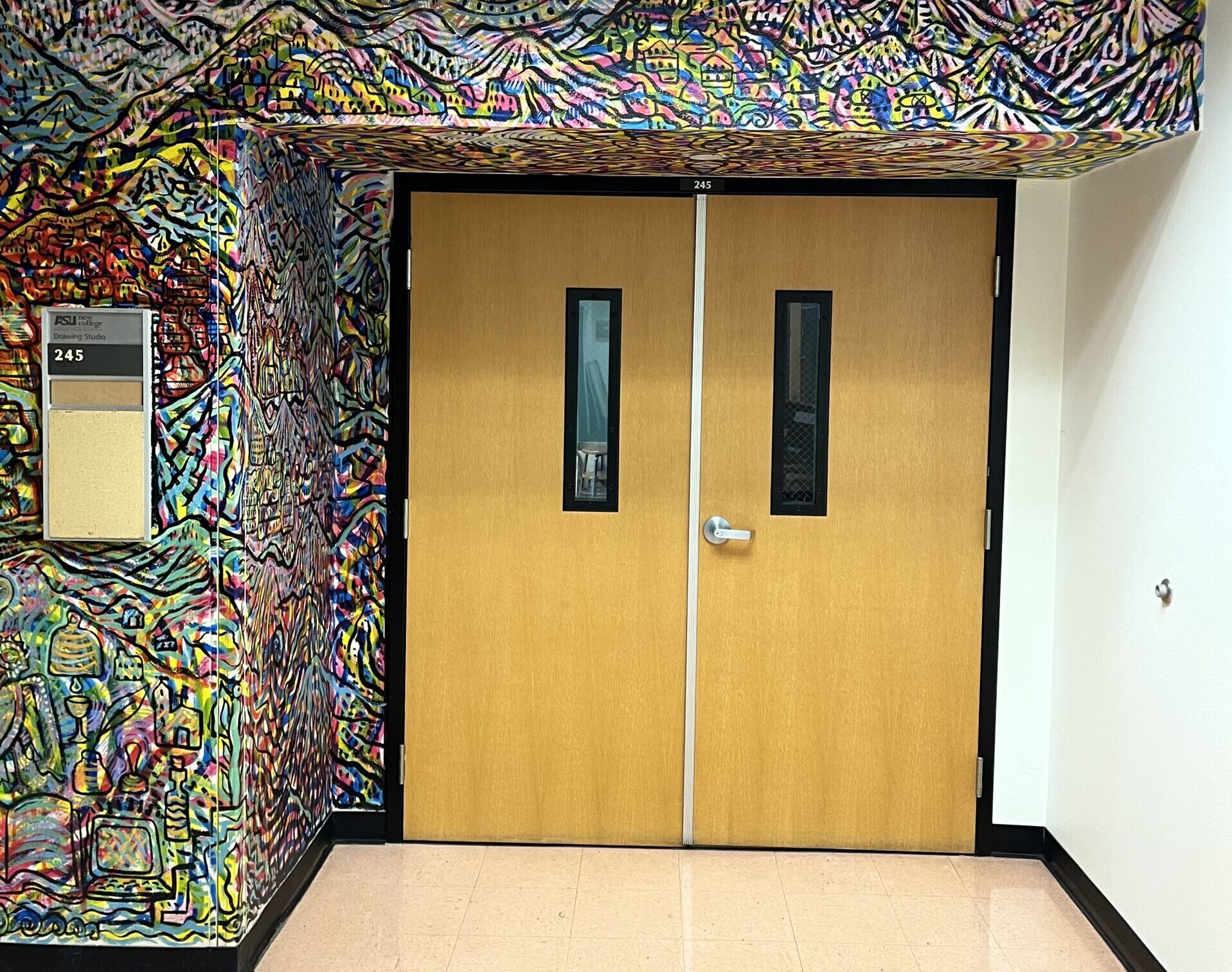The Fallout from the “End” of Affirmative Action as We Have Known It

Recently, a parent asked me what changes I expect to see in college admissions this year. This certainly is a year of change for students embarking on the process of getting into college – with the SAT going digital in the U.S., and the U.S. Supreme Court coming down hard against race-conscious college admission policies. But there is a bit of a window in the majority decision of Chief Justice John Roberts in regard to affirmative action. “Nothing prohibits universities from considering an applicant’s discussion of how race affected the applicant’s life,” he wrote, “so long as that discussion is concretely tied to a quality of character or unique ability that the particular applicant can contribute to the university.” I agree with a recent article in the Wall Street Journal that Justice Roberts left some “wiggle room” in affirmative action that allows students to write in their applications about how race has influenced their lives. How to do it is the issue with which colleges are grappling.
So here we go! Time for a rethinking on very little notice. (The Court announced its decision at the end of its term, on June 29th; the Common Application went live on August 1st.) Now under fire as well – and the subject of yet another lawsuit against Harvard University – is the preference for students because of legacy, and we are seeing changes in policies there, as well. Some schools had already eliminated the consideration of legacy – Johns Hopkins University, MIT, Carnegie Mellon University, Amherst College – and recently Virginia Tech and Wesleyan University in Connecticut have followed suit. The University of Virginia has not gone as far as its sister university in Blacksburg, but it has modified its legacy policy, now indicating that applicants will no longer be asked to check a box identifying them as relatives of alumni. Instead, they have the option of responding to a supplemental essay question about their personal or historic connection with UVA.
In addition, we are seeing that some colleges, such as the Rhode Island School of Design (RISD), Carnegie Mellon University and Yale University, did not have their supplemental essays ready to be published on the Common Application when it went live on August 1. Others have published supplements that reflect the court’s decision about affirmative action: Sarah Lawrence College, Columbia University, Brandeis University, Emory University, Babson College and the University of Massachusetts at Amherst, to name a few. The approaches vary. Babson asks students to ” share something about your background, lived experiences, or viewpoint(s) that speaks to how you will contribute to and learn from Babson’s collaborative community.” Bowdoin College gives applicants an option to respond to this prompt: “If you wish, you may share anything about the unique experiences and perspectives that you would bring with you to the Bowdoin campus….” The University of Miami asks, “Please describe how your unique experiences, challenges overcome, or skills acquired would contribute to our distinctive University community.”
Some schools have actually changed their admission plans. Virginia Tech is discontinuing Early Decision; Wake Forest has introduced an Early Action option for first generation students. The University of South Carolina has set out a new policy to admit the top 10% of students from the state’s public schools.
As you consider the schools to which you will be applying – your college match – please think about how you will respond to the questions that many colleges will be asking.

